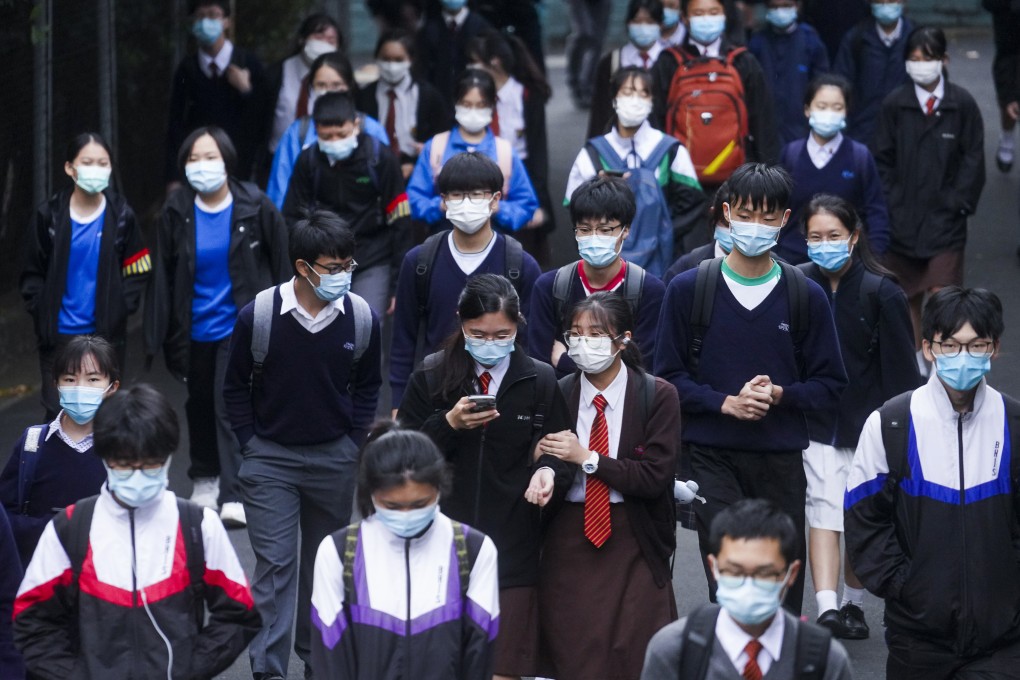Letters | Hong Kong schools should use renewed secondary curriculum to address students’ preferences
- Readers discuss the new senior secondary curriculum, the benefits of China’s tutoring crackdown, and the shortcomings of English language classes in Hong Kong

The new school year has begun. With the introduction of the renewed senior secondary curriculum by the Education Bureau, schools are expected to have lesson time released after optimising the four core senior secondary subjects. Students are encouraged to use this time to participate in other learning experiences and life-wide learning activities or engage in other personal pursuits according to their different interests, abilities and aspirations.
The survey put forward two proposals. First, greater promotion of the importance of other learning experiences is imperative. Everyone, especially parents, needs to acknowledge the importance of letting students have exposure to different areas at an early stage to identify their strengths and weaknesses so that they might be able to develop clearer career goals and be able to reach their full potential.
Second, with the abundant resources available, schools should be provided with guidelines. This would better direct them as to how to use grants to best facilitate students’ whole-person development while also expanding the capacity of other learning experiences, life planning and career education, all the while making the entire arrangement flexible.